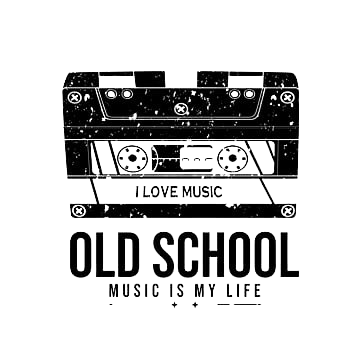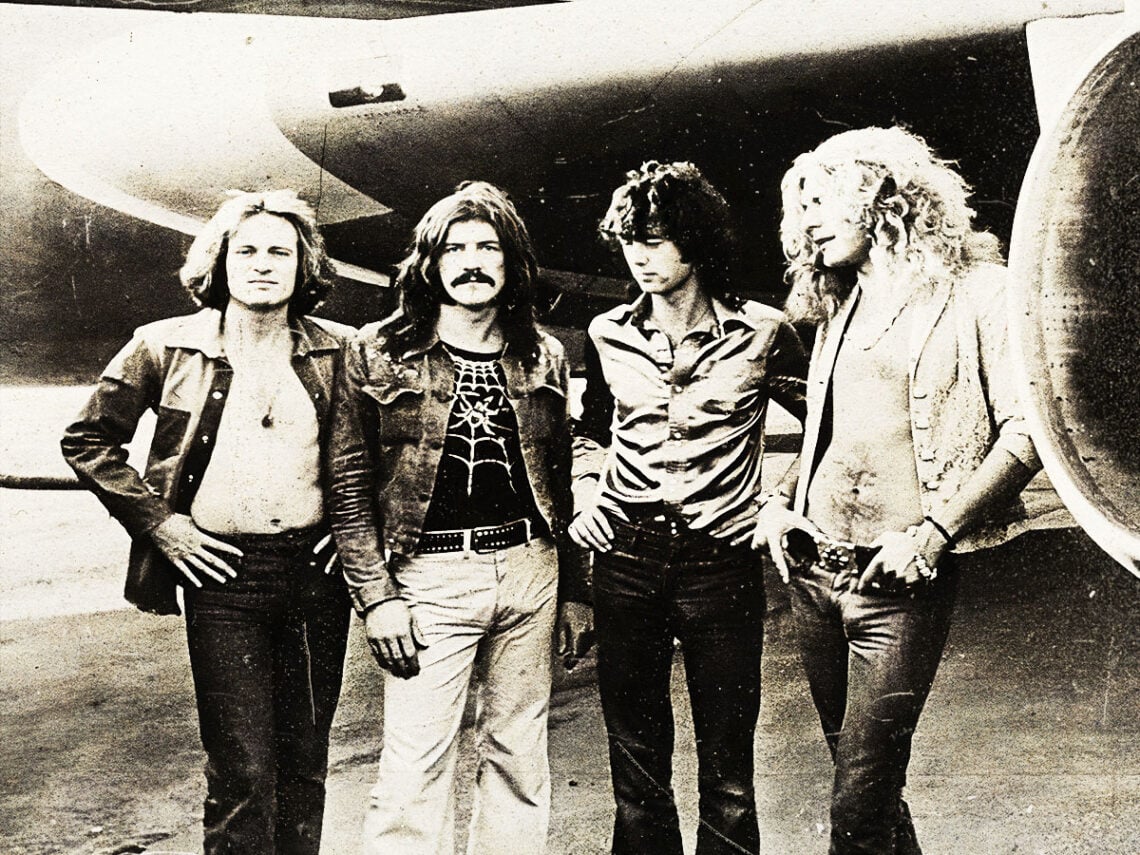During the final episode of The Office, Ed Helms’ character Andy Bernard ponders, “I wish there was a way to know you’re in the good old days… before you’ve actually left them”. Regardless of your opinion of the series, it’s a poignant quote that deserves time to mull over. And that doesn’t just mean in your personal life but the world around you. Is there a way to know unequivocally that you are living in a quintessential moment? Probably not, but if you were in the Led Zeppelin crowd at the Silverdome in 1977, you might have had a hunch…
Some moments seem huge but pass the world by within a few years; others are small and seem relatively minor but go on to have huge ramifications that change the world and are remembered forever. There is no sure-fire way to know when you’re in one of those moments, but if you were one of 70,000 in the Pontiac Silverdome, just outside Detroit, when the roar went up as Led Zeppelin took to the stage, you would be forgiven for assuming you are a part of history.
Led Zeppelin was hardly new to breaking records by the time the Silverdome came around. Over nine years of life on the road, the band weren’t strangers to sold-out stadiums; they had broken The Beatles record in 1973 when they played Tampa Stadium and had no difficulty filling the spot of iconic live performers that was laid out for them. That being said, the build-up to the record-breaking Silverdome show was nerve-wracking, as some numbers, even rockstars, think are big, and crowds at previous shows were getting relatively restless.
Trouble started the minute the tickets for the gig went on sale. It was the fastest sell-out in the history of the Silverdome and was up until it was destroyed in 2013. Where the stadium stood is now an Amazon Warehouse, but even they are selling as much as the ticket sellers were the day the Led Zeppelin show went on sale.
The tickets went on sale at 8am and disappeared shortly after. “At 11am, we issued announcements telling people not to come to the stadium because of traffic jams,” said the stadium promotions director at the time, Gerry Baron, “At noon, we announced we were closing the ticket office at 3. We stayed open until 10 and sold out.”
The hysteria surrounding ticket buying filled those working at the stadium with dread. The shows in the run-up to the gig had all resulted in riots, with multiple arrests taking place for people taking drugs, drinking and fighting. In the crowds of 20,000 – 30,000, these kinds of brawls were hard to control; a riot in an audience of 70,000 would have been downright pandemonium. The stadium hired extra security in the form of local sports teams, who were asked to stand between the stage and the show to make sure no one tried to break the barrier.
“That show is still my number one,” said Kirk Gibson of the Detroit Tigers; he was playing for Michigan State University at the time and was asked to help out. “They had the [barricade], and behind that were these 55-gallon drums full of cement that I was standing on the whole show. People were pushing up against the wall pretty good. We pulled several people over the wall. They were very hot, and some of them were disrobing, and some were trying to get over the wall ’cause they were just exhausted.”
Luckily, despite people getting hot in the crowd, the gig went down without much of an issue. There were a few arrests, but most of them were because of people taking drugs or having open alcohol, which was typical for any gig, not just Led Zeppelin. The show was three hours of pure rock and roll, opening with ‘The Song Remains the Same’ and closing with ‘Trampled Under Foot’.
After the gig, the band took a break before returning to the next leg of the North America tour. Only five shows in, Robert Plant’s son died of a stomach infection in the UK, so the band were forced to cancel the rest of the tour and head back home. The record-breaking gig would be one for the history books for two reasons. Firstly, it was one of the biggest gigs the band ever did, and secondly, because it was one of their last shows ever played in the US.

